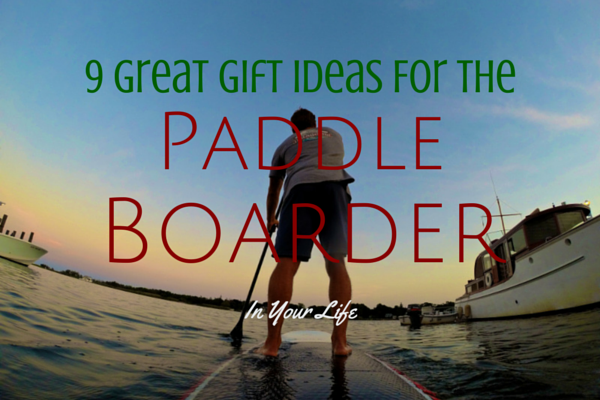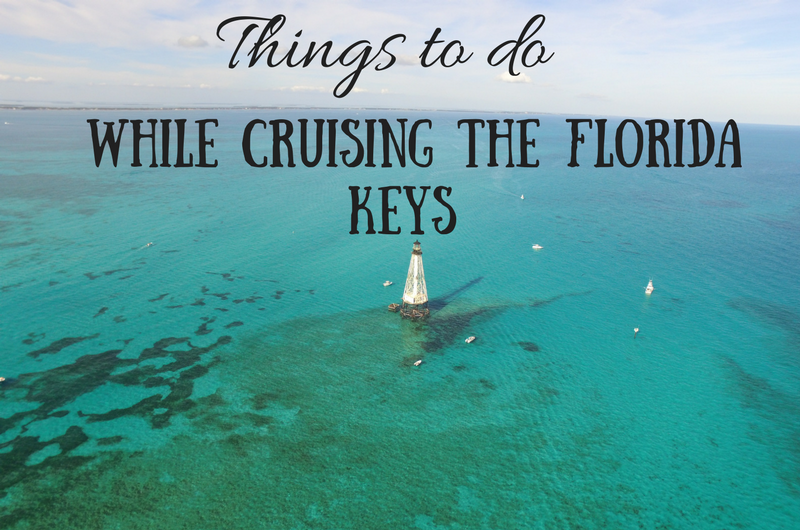Have you ever wondered what it may be like to live off-grid or on a boat? Living on a sailboat can certainly have its ups and downs, but it is also an incredible experience. In this blog, we will provide some resources you may want to know about in order to survive and remain self-sufficient when living aboard. We’ve been living off-grid for the past SIX years, and we’d like to share what we’ve learned thus far!
What does it mean to be living off-grid or fully self-sufficient?
Living on a boat takes extra planning and long-term thinking. First, you need to get your basic survival set up in place. The main three things in basic survival are: shelter, food and water. Our boat and bimini top serve as our shelter from the cold, sun and rain, and we use a watermaker to get clean drinking water (in conjunction with our rain water catchment). We will talk about food more below. Before you commit to living on a boat, know that the lifestyle does come with more responsibility than life on land. You also want to make sure you are as comfortable as possible to get the best experience from your time on the water. So, what does that look like for us?
Electricity is a Luxury
You don’t need electricity to survive, but we highly recommend having it! Our entire electrical system onboard is provided by our battery bank. It powers pretty much everything on our boat unless we are using the generator we have.
There are two ways our energy goes into this battery that then leaves and transfers to all our our appliances:
- Through our boat engine’s alternator
- The sun! Captured by our solar panels and controlled by charge controllers. We have some Renogy flexible panels https://amzn.to/2Xr1lo4 that we control using Victron MPPT charge controllers https://amzn.to/33sybJ2

Most of our systems are 12 volt DC, but sometimes we need AC 120 voltage to charge computers, camera equipment, etc. Basically, that means the energy from the battery has to go through an inverter to turn it into 120 volts AC and then to our AC appliances. In order to do that, we invested in an inverter from Amazon https://amzn.to/2PrPx0E. You should also note that everything nowadays is USB, so you might as well have a USB port you can plug your equipment and/or appliances into like these that we mounted all around the boat https://amzn.to/30uBkWU
Storing Food and Keeping it Fresh
Off-grid living also means sourcing your own food. We try to catch everything ourselves, and in order to keep it edible for as long as possible we store it in our freezer. We have used the Engel Freezer for about three years now and are super impressed. It is a 12 volt freezer and allows us to keep fish, meat, and vegetables fresh for an extended amount of time. In our fridge/freezer, we store most of our food in reusable silicone bags in order to prevent smelly trash and pile up and to reduce our use of single us plastic.

Catching and Making Clean Water While Living Off-Grid
If you are going to be living off-grid and be fully self sufficient, something you absolutely need is… water! We are able to make our own water with our Rainman Watermaker using our generator. We make about 35 gallons per hour with this watermaker and top off our 80 gallon storage capacity in just over 2 hours.
In addition to our watermaker, we have a rain catchment system. When rain falls on our hard bimini, we have jugs we can fill up and a tube system that runs straight ton our water tank fill. We use the water for drinking, but we also use it for laundry and washing.
Diesel Fuel and Propane System
Even though we do have sails, we do need to use our diesel engines once in a while to get in and out of port. We have a x2 26 gallon diesel tanks and an extra 5 gallon jug. We tope off these tanks every two months or so.
In order to cook our food, we have a propane system. It works great because it lasts a long time before you have to fill it again. One tank will last us a year of cooking on the stove and in the oven. We have a stainless steel Magma grill that we also enjoy using on the boat and runs on propane.
Conservation Tips
We try to conserve as much energy as possible when on the water and two ways we have done that is by replacing conventional light bulbs with LED bulbs and installing a low pressure water pump that is only activated when we are using the water. By taking steps to reduce our energy consumption we make it easier to live off the grid for a much longer period of time.
We hope you enjoyed this overview of systems that have helped us to be self-sufficient the past 6 years! All the products we mentioned can be found on the Tula’s Endless Summer Amazon Storefront.





Love all of your blogs guys.
Just wanted to point out the recent article below to you though – regarding drinking rain water.
‘This new study, which looks at four specific chemicals in the class, suggests that levels of one PFAS in rainwater around the globe often “greatly exceed” US drinking water advisory levels.’
https://www.bbc.co.uk/news/science-environment-62391069
Stay safe and keep sailing!